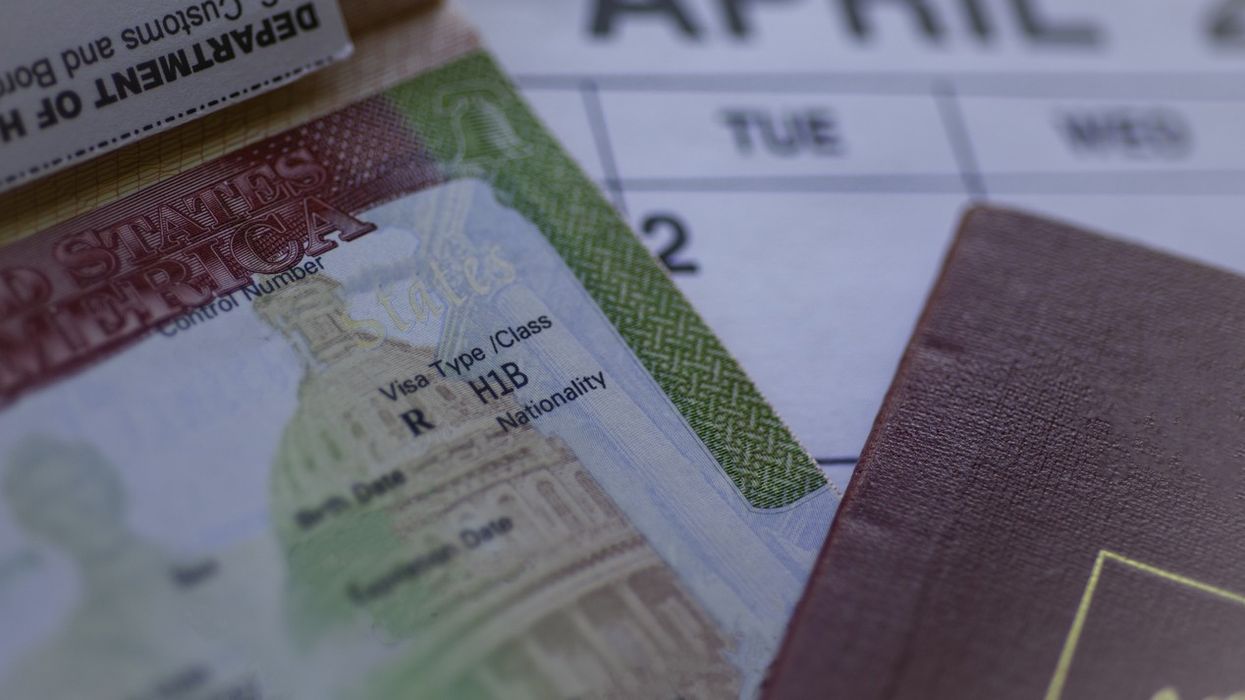As tensions escalate between India and Pakistan following retaliatory strikes in Pakistan-occupied Kashmir, several international airlines have begun rerouting or cancelling flights bound for India. The disruption has particularly impacted flights operating across South Asia, with airlines avoiding Pakistani airspace due to safety concerns.
On Tuesday (6), U.S. carriers American Airlines and United Airlines cancelled their scheduled flights to New Delhi. United Airlines confirmed the cancellation, citing “evolving situation in South Asia and resulting airspace limitations.” The airline stated that it would continue to monitor developments before making decisions on upcoming operations.
Meanwhile, several flights already en route to India from Europe and West Asia were diverted mid-air. Finnair, for example, redirected its Helsinki–Delhi service to Baku for refuelling before continuing to the Indian capital. Although Finnair confirmed it would operate its Delhi flight on Wednesday (7), it warned that travel times on multiple routes, including Delhi, Singapore, and Bangkok, would be extended.
Flights to Delhi are now expected to take 1.5 hours longer, while Singapore-bound services may see delays of 15–30 minutes, and Bangkok routes could be extended by up to 90 minutes depending on conditions.
KLM Royal Dutch Airlines also reported that its Amsterdam–Delhi and Amsterdam–Mumbai flights are facing extended flight times of 60–75 minutes. However, unlike some other carriers, KLM has not cancelled any of its India-bound services.
Authorities have temporarily suspended commercial operations at over 20 airports in the region, further complicating air traffic management. The closure of air route L-639—used for flights traveling from Nagpur to Oman via the Ahmedabad region—has forced many westbound flights from Delhi to take alternative routes via Mumbai to avoid proximity to Pakistani airspace.
The airspace disruption comes in the wake of military actions initiated by India in response to a deadly terror attack in Indian-administered Kashmir on April 22. The retaliatory strikes and subsequent regional tensions have raised global aviation safety concerns, prompting swift responses from international carriers.
With the situation still evolving, airline officials and aviation authorities continue to assess operational risks. Passengers traveling to or from India are advised to check with their airlines for the latest updates on schedules, reroutes, and delays.
















